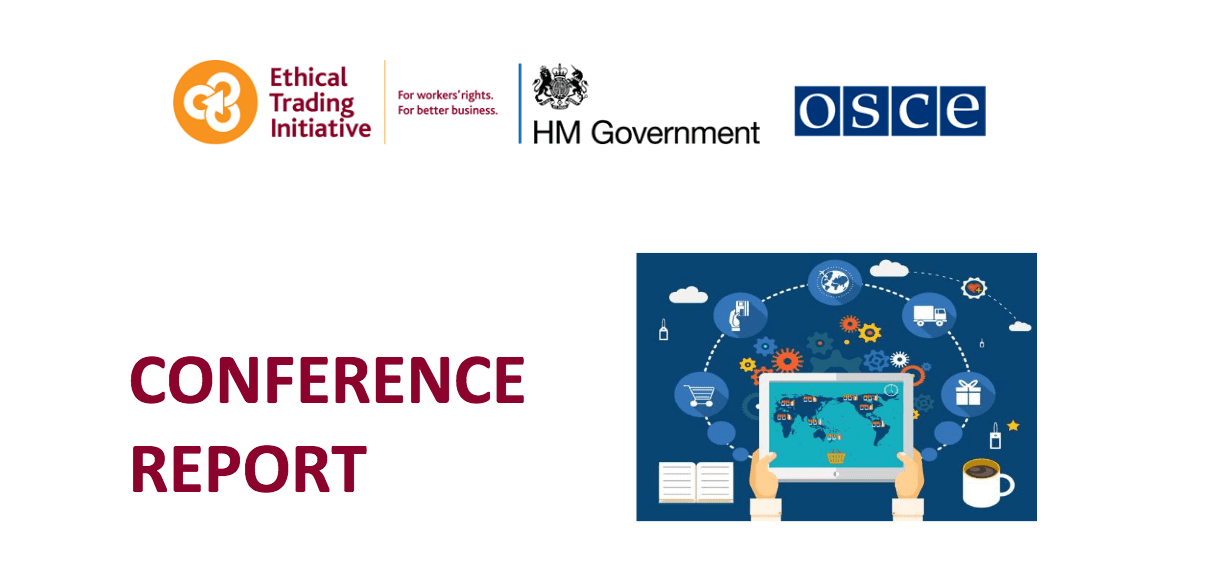
Tackling Human Trafficking in Public Sector Supply Chains
In every country around the world, governments procure goods and servicesfrom suppliers with complex and far-reaching supply chains, where there is often a risk of modern slavery. Yet fewgovernmentshave ethicalstandards tomanage this risk in their procurement activity. Government procurement accounts for an average of 15% or more of a country’s GDP. Because of the scale and scope of public procurement, governments and public bodies have considerable leverage tomitigate modern slaveryrisk and todrive improved responsible business practices among their suppliers.
Leading governments are beginning to take action. In September 2017, the UK government spearheaded a Call to Action on Modern Slaveryat the General Assembly. 85 countries have now signed up to this. A year laterin2018,at the UN General Assembly, Australia, Canada, New Zealand, the UK and the USA made a joint public commitment to eradicating modern slavery from their global supply chains. Four Principles were agreed, harnessing a combined purchasing power of more than$600bn central spending.
- Governments should take steps to prevent and address human trafficking in government procurement practices
- Governments should encourage the private sector to prevent and address human trafficking in its supply chains
- Governments should advance responsible recruitment policies and practices
- Governments should strive for harmonisation
The International Conference on Tackling Modern Slavery, Forced Labour and Human Trafficking in Public Sector Supply Chains was a flagship forum to generate momentum on these commitments. It was designed to highlight examples of good practice, generate conversations among national and local governments, procurement specialists, supplier companies and civil society actors on how to translate principles into action, identify the policies, systems, skills and resources needed to make progress,and to build networks for greater collaboration.
Read more here.
